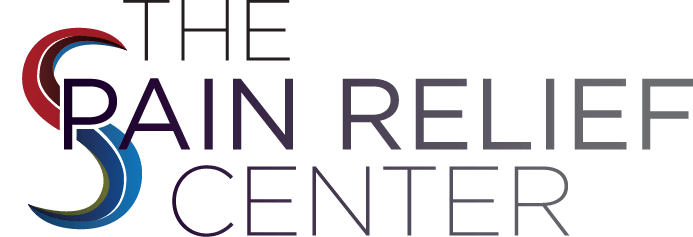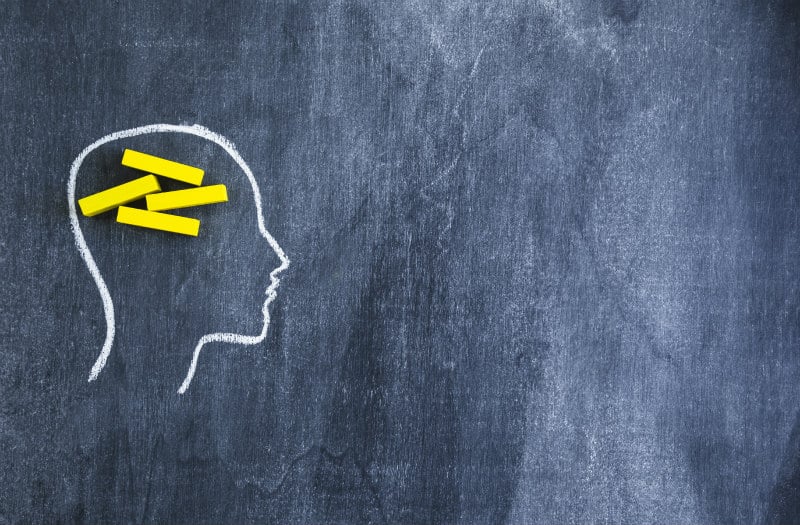When it comes to chronic disorder complaints, these are typically influenced by some factors. Some of the most common psychiatric chronic pain conditions that often occur hand in hand with pain include factitious physical disorders, somatization disorder, and hypochondriasis.
The truth is that physicians typically come across certain behaviors that are definitely affirmed by a particular illness. Most of the time, patients would complain about how specific symptoms go beyond what is expected from a disease process.
With that in mind, we have created this guide for you regarding the things you need to know about the aspects of psychiatric chronic pain.
Epidemiology of Certain Psychiatric Disorders
One of the significant causes of morbidity in today’s times is depression. While there may be differences as to how depression is defined or affected, we can all agree that it can be viewed as a state of mood. Furthermore, it can also be seen as a clinical diagnosis, a syndrome, or a symptom. As a symptom, depression is often associated with anxiety. In a study published by the National Center for Biotechnology Information, it was then confirmed that depression is a common illness.
Since psychiatric chronic pain are often observed in the general medical care sector, those who possess certain affective disorders tend to seek medical care as compared to those who do not have any psychiatric disorders. They tend to look for somatic symptoms, such as pain, rather than psychiatric symptoms.
Furthermore, we have noticed how medical studies tend to focus on how these disorders are not adequately diagnosed whenever patients would come in for a checkup. As a result, their illnesses are not correctly treated.
Chronic Disorder, Depression, and Anxiety
Upon researching, we have come across several medical studies that showed the relationship between depressive disorders or depression and chronic disorder. In fact, a chronic disorder is considered as a state of stress; thus, it should be noted as one of the vital factors for determining depression in an individual.
As of today, there have been so many studies explaining the relationship between these two; however, there hasn’t been any clear definition as to what kind of relationship it is. This creates a bottleneck problem for when an individual needs to manage their chronic disorder-induced anxiety or depression.
There are obvious overlaps between the two which have been proven vital to the facilitation of the development, progression, and occurrence of chronic disorder as well as the depression induced by it. Indeed, there have been discrepancies in the researches conducted in this field; however, we can know for sure that the association of chronic disorder, depression, and anxiety can be conceptualized in a significant number of ways.
Chronic Disorder and Somatoform Disorders
Let us start by defining what somatoform disorders are. A somatic symptom disorder can be any form of mental disorder that tends to show specific physical symptoms that suggest an injury or an illness. It cannot be entirely determined as a direct effect of a substance, a general medical condition, or anything that is associated with another form of mental disorder.
With that in mind, we can say that somatoform disorders possess symptoms associated with an injury or an illness; however, there are no present organic findings that back up a strong assumption that said signs are somewhat intertwined with psychological conflicts or factors. Somatization disorder, psychogenic pain disorder, hypochondriasis, and conversion disorder – these are examples of somatoform disorders.
Chronic Disorder with a Neurobiological View
In an attempt to determine what the relationship is between chronic disorder and depression or anxiety, researchers have identified certain similarities. One of these similarities includes having similar neurobiological mechanisms.
Neurotransmitters, neurohormones, and neuromodulators have been proposed by medical researchers as aspects in the development of depression, anxiety, and chronic disorder. Furthermore, molecular biology has seen several forms of interaction among some biological factors that play an essential role in the management and development of chronic disorder as well as depression.
A study published by the National Center for Biotechnology Information claims that patients who have suffered from depression tend to show less activity in the operculum as well as in the secondary somatosensory cortex. Those patients who are experiencing chronic disorder have a higher level of activation in these areas.
Depression as a Side Effect of Chronic Pain
Medical researchers have commented on how depression is a neurobiological companion to a chronic pain disorder. Since we have established that there is an unclear relationship between depression and chronic disorder, let us delve into one of the evident factors conceptualizing this relationship – depression is the result of the inescapable chronic disorder.
There have been a number of studies showing how patients who have had rheumatoid arthritis tend to suffer from prolonged pain; thus, resulting in depression. While there are absolute differences between the level of anxiety of an individual, depending on the type of injury or pain they encounter, it is still clear to us that depression and anxiety can result from prolonged pain.
Also, patients of rheumatoid arthritis suffered less pain as compared to patients with the idiopathic chronic disorder. Nonetheless, rheumatoid arthritis patients are now protected from any form of demoralization as a cure has been already discovered.
Depression as a Side Effect of Drug Therapy
Very Well Health has explained how using antidepressant pills can treat and control pain. This has been scientifically proven as it has been used several times in the medical field. Even at low doses, these pills can cause certain chemical changes that alter the brain into how pain is perceived.
Antidepressant pills are used to treat chronic disorder because it can stop the progression of the cycle even before it leads to actual depression or anxiety. We know by now that depression can intensify feelings of pain.
You see, this is a cycle. Depression adds to an individual’s pain. As a result, it decreases the quality of life which ultimately intensifies an individual’s depression.
Depression Treatment with Chronic Pain Patients
There is an evident referral bias when it comes to patients who are suffering from a chronic disorder. Furthermore, this is where rehabilitation comes in when dealing with chronic pain-induced depression. One major untreated depression can result in two things. It can lead to the exacerbation of said chronic disorder and the interference of pain treatment success. With that in mind, it is essential to consult your medical physician and be aware of any implications for treating a chronic disorder, depression, anxiety, or chronic disorder-induced depression or anxiety.
Furthermore, the National Center for Biotechnology Information has listed several treatment options for patients suffering from chronic disorder and depression:
- Psychotherapeutic treatment has been used on depressed and anxious patients for several decades now. Furthermore, there are so many techniques under this category including injecting doses of Imipramine.
- Interpersonal therapy is a category under psychotherapeutic treatment. This aims to identify any specific relationship difficulties in the patient’s self-esteem.
- Psychopharmacological treatment of pain is directed at the disorder itself. It aims to alleviate the pain felt by the patient.
Conclusion
The lack of explanation as to what kind of relationship depression and chronic disorder has have left medical experts confused. Certain illnesses and injuries have been subjected to biases resulting in incorrect diagnoses. Nevertheless, we know that chronic disorder can affect the mental health of the patient and probably vice versa. Alleviating physical pain can be done in a great number of ways. However, it is best not to leave out the possibility that depression or anxiety can affect the patient’s prolonged pain.


